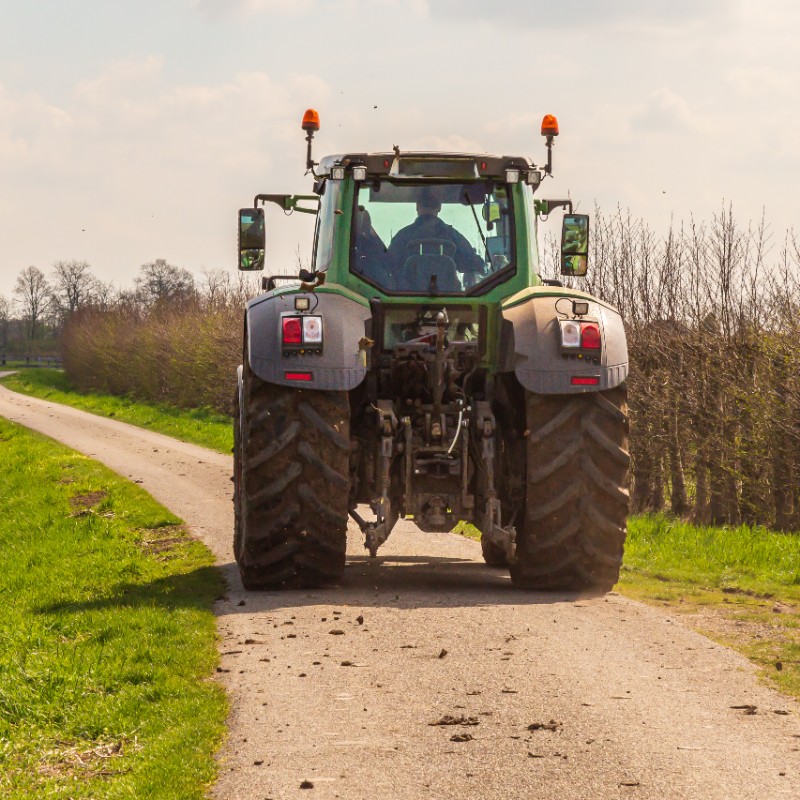Farm safety
Farm safety remains a major concern and challenge for rural communities, with up to 50% of workplace fatalities taking place on a farm.
Actions must be taken to ensure that farmers are safe when working on their farms each day, with many accidents easily avoidable.
Here at Zurich, we believe in the importance of making health and safety a priority on the farm. We encourage our farmers to use the quieter months to take the time to risk assess their farms and not to wait until there are problems to conduct a risk assessment. It is important to make sure you are using a fresh set of eyes to look at your farm, as often farmers can become so accustomed to their surroundings, that they may not notice what an external person could spot as a danger.
Finally, once a risk assessment is complete, we encourage farmers to make sure everyone who works on the farm knows about the results of the assessment and understands the controls that have been put in place.
Here we share are some of our key tips and insights on how to stay safe on a farm once your risk assessment has been completed;
Child safety on farms
- When children are visiting farms, make sure they are supervised and only exposed to jobs that are age appropriate.
- Teach your children about the dangers and risks on your farm – go through the safety signs they need to be aware of and set the rules for being on the farm.
- Safely lock machinery - Children should not be near machinery on a farm unattended. Make sure to lock unattended vehicles and remove all keys.
- Fit correct fencing and gates for farm animals - Ensure children are supervised near farm animals and never left unattended, as animals can be unpredictable.
Operating heavy machinery
- Make sure to do regular checks on heavy machinery. Always ensure machinery is in a safe working condition before use.
- Ensure suitable guards are fitted to all machinery and equipment.
- Check that tools and equipment are in good working order with suitable safety devices in place before using them.
- Tractors should only be operated by competent people and maintained in good working condition.
- Don’t allow children near any operating machinery.
Livestock handling
- Make sure to have good handling facilities when handling livestock such as bulls, cows and calves.
- Make sure anyone working with animals is adequately trained. New people coming onto the farm must receive proper training, so they don’t put themselves or others at risk.
- Provide suitable facilities for loading and unloading animals.
- Beware of the unpredictability of animals and remain vigilant.
- Maintain a good hygiene practice to avoid disease.
Mental health – dealing with stress
- Set realistic goals. Be selective and use your energy to do the most important and achievable tasks, this will help reduce the amount of stress you’re under. When you are stretched too thin and running behind, it’s hard to stay calm and focused.
- Eating well and exercising regularly play a key role in reducing and preventing stress. Try to avoid too many foods that can cause tension and find something you enjoy like sports, walking or cycling.
- Never be afraid to ask for help as there are always supports there for you if needed.
